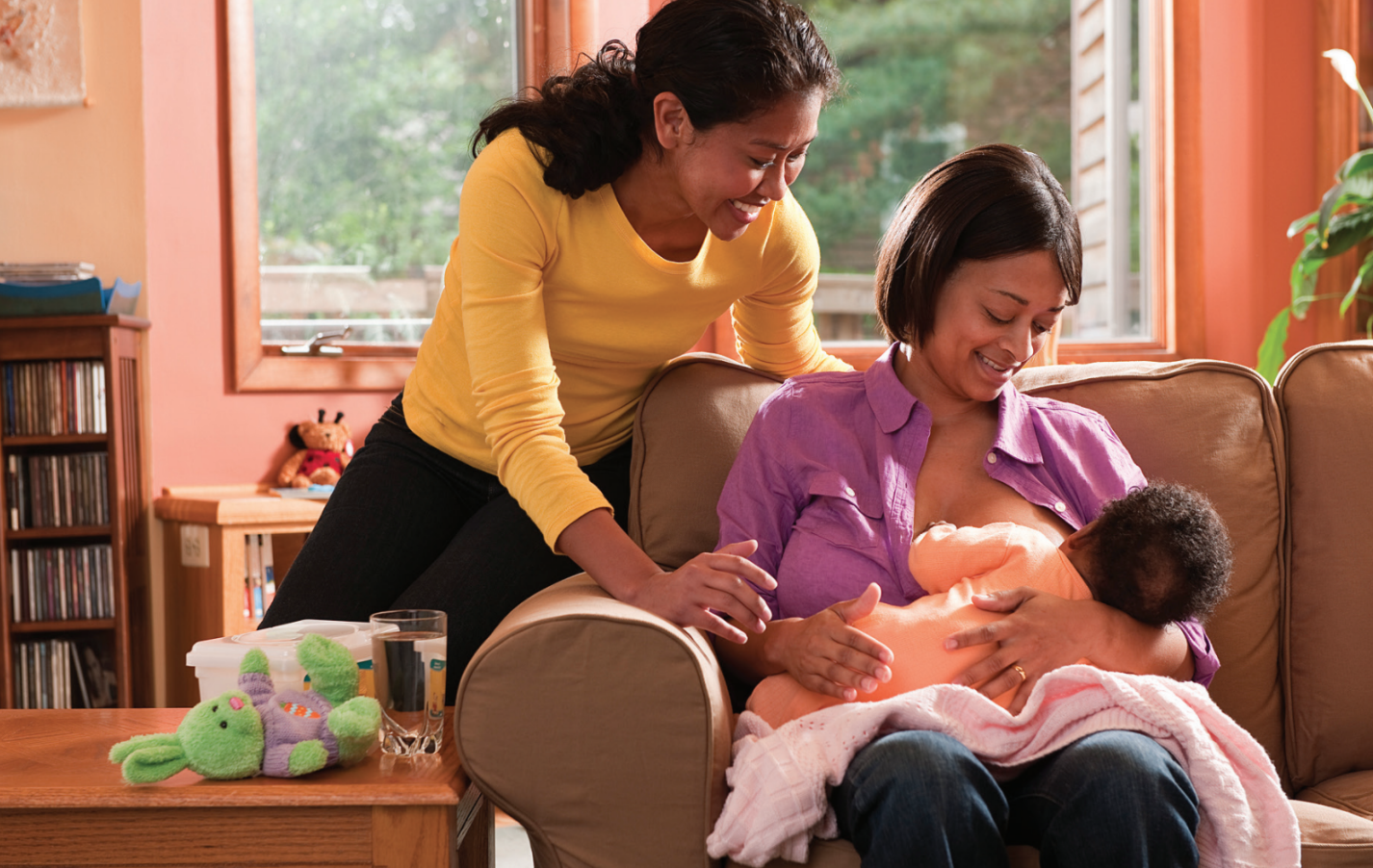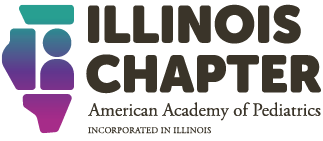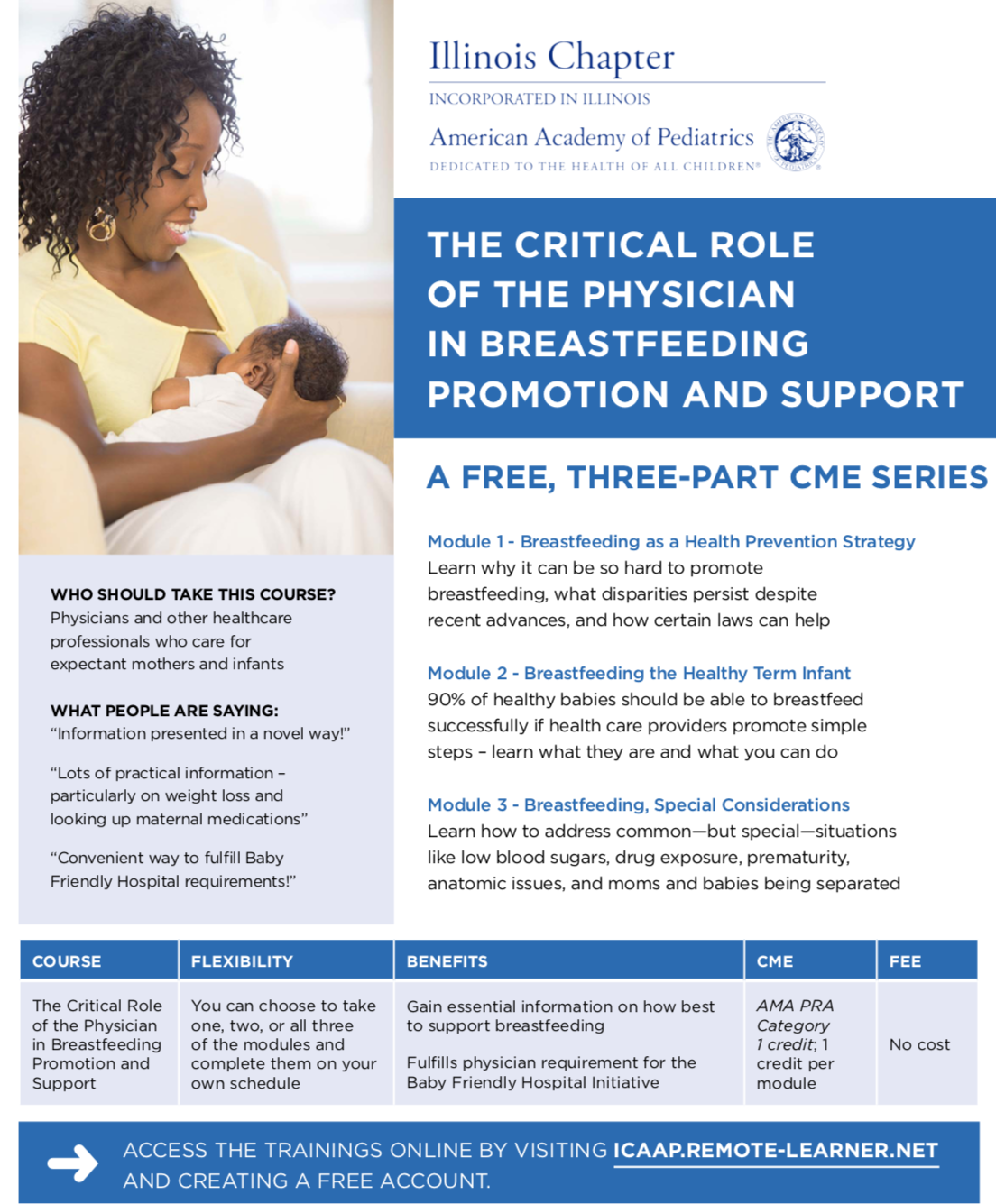Breastfeeding
Human milk provides recognized health benefits for lactating parent and child. Infants that are formula fed are at risk for increased incidence of numerous infectious childhood diseases, SIDS, type 1 and 2 diabetes, and childhood obesity. Breastfeeding/chestfeeding reduces the incidence of postpartum bleeding, breast and ovarian cancer, metabolic syndrome, hypertension, diabetes, and heart disease.
The importance of breastfeeding/chestfeeding has been acknowledged and promoted by numerous national and international physician organizations including: American Academy of Pediatrics, American Academy of Family Physicians, American Congress of Obstetricians and Gynecologists, Academy of Breastfeeding Medicine.
The United States Preventive Services Task Force recommends interventions during pregnancy and after birth to promote and support breastfeeding/chestfeeding. The Surgeon General released a call to action to support breastfeeding/chestfeeding.

NEW! Chest/Breastfeeding Resources
ICAAP, in partnership with the Illinois Public Health Institute, is excited to share new chest/breastfeeding resources. These resources were developed to support healthcare providers in ensuring equity and a culturally humble approach to promote chest/breastfeeding confidence and knowledge in parents. The resources were piloted by pediatricians, post-partum providers, OB/GYNs, and pre-natal providers and were found to be relevant and useful to both providers and parents.
“We Can!” Strategies to Achieve Health Equity in Breastfeeding
Intended for Group and Individual Viewing
Presenters: Drs. Sahira Long, MD, IBCLC, FAAP, DABM and Jessica Nash, MD, IBCLC, Children's National Hospital
Topics: breastfeeding equity, culturally humble approaches to care, and strategies clinicians can implement in their practices to improve support

Note: Video content starts at ~2.50 minutes
Learning Objectives:
- Describe historical barriers to breastfeeding for all persons and specific to non-Hispanic Black families
- Recognize and address physicians own implicit biases
- Design a breastfeeding friendly physician office with a focus on reducing disparities in breastfeeding
Who Should Take This Webinar?
Pediatricians, obstetricians, family medicine physicians, residents, medical students, and other health care providers
This ICAAP education was developed in partnership with the Illinois Public Health Institute with support from both the Centers for Disease Control and Prevention and the Illinois Department of Public Health, Office of Women’s Health.
This recorded presentation does not include CME. If you would like to obtain CME for this webinar, please visit ICAAP Learning Management System. Direct link coming soon.
The Critical Role of the Physician in Breastfeeding Promotion and Support CME Series
For physicians and other health care providers who care for expectant mothers and infants, ICAAP created a three-part CME series, The Critical Role of the Physician in Breastfeeding Promotion and Support.
- Part 1 covers breastfeeding as a health prevention strategy.
- Part 2 focuses on simple steps for breastfeeding the healthy term infant.
- Part 3 goes over special circumstances physicians and providers may encounter in providing breastfeeding support.
The series is free, offers one AMA PRA Category 1 CME credit per module, and can be completed one module at a time. You can access the series through ICAAP’s Learning Management System here.

Illinois Projects and Reports
Illinois State Physical Activity and Nutrition (ISPAN) Grant
ICAAP is currently working on the Illinois State Physical Activity and Nutrition (ISPAN) Grant project in Peoria, IL to increase breastfeeding continuity rates amongst Black, rural and low-income families. In partnership with the Illinois Public Health Institute (IPHI) and the Illinois Alliance to Prevent Obesity (IAPO), this project has been successful in creating an unprecedented network of community partners who are working together in the Central Illinois area to provide breastfeeding education and support to families who are typically underserved. Referral systems developed by this program have resulted in connecting families with resources that both directly and indirectly help them reach their breastfeeding goals.
Illinois Department of Public Health: We Choose Health
Ten Steps Forward: Creating Baby-Friendly Communities in Illinois
Strategies for Successful Collaboration between Hospitals and Local Health Departments

From 2012 through 2014, ICAAP provided technical assistance to 15 Illinois hospitals as they worked to achieve the Baby-Friendly Hospital designation by the end of 2016. The number of Baby-Friendly hospitals in Illinois increased from 3 in 2012 to 19 in 2017 with the majority of those hospitals receiving support through this project.
Illinois Breastfeeding Reports
Resources and Involvement
Baby Friendly Hospitals
The Baby-Friendly Hospital Initiative, developed by UNICEF and the World Health Organization, is a series of ten evidence-based steps designed to promote support for breastfeeding in maternity hospitals. More information can be found at the Baby-Friendly USA website.
Get Involved
To join the Committee on Breastfeeding or for more information about ICAAP’s breastfeeding projects, please contact Mary Elsner, JD, Director, Health Equity Initiatives, at melsner@illinoisaap.com
ICAAP Committee on Breastfeeding
Krystal Revai, MD, FAAP, MPH, Co-Chair, Committee on Breastfeeding
Cindy Rubin, MD, IBCLC, FAAP, Co-Chair, Committee on Breastfeeding

